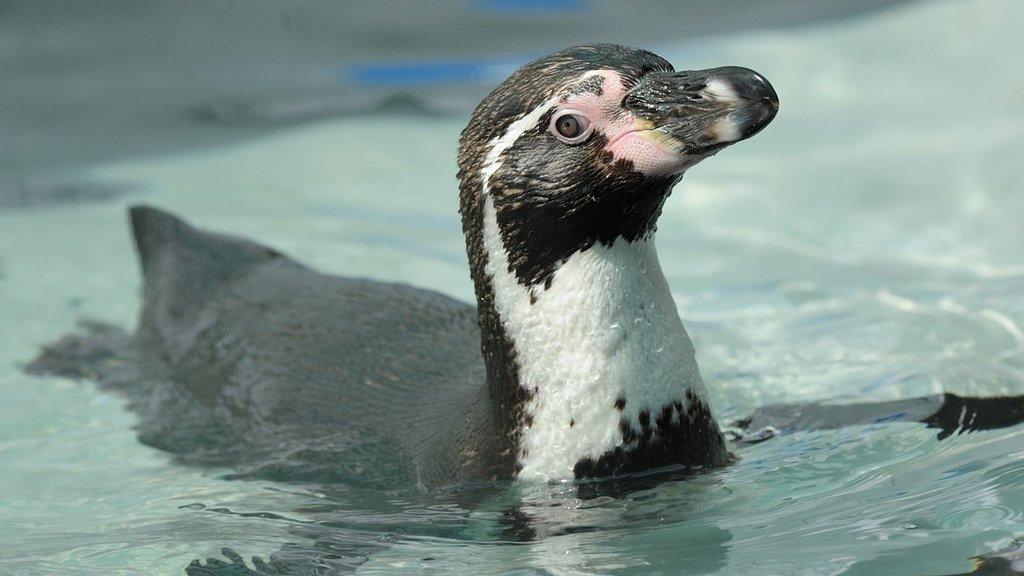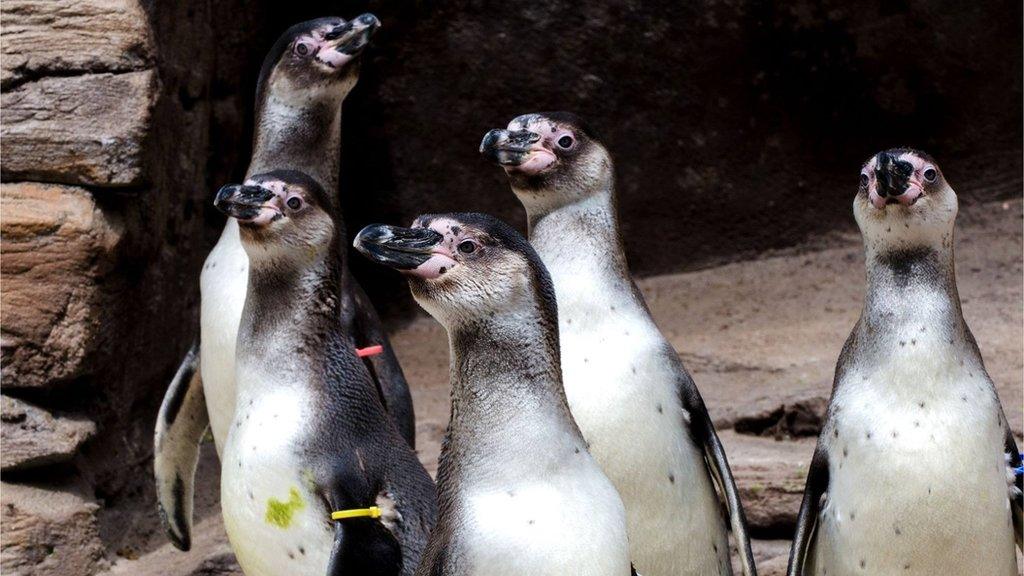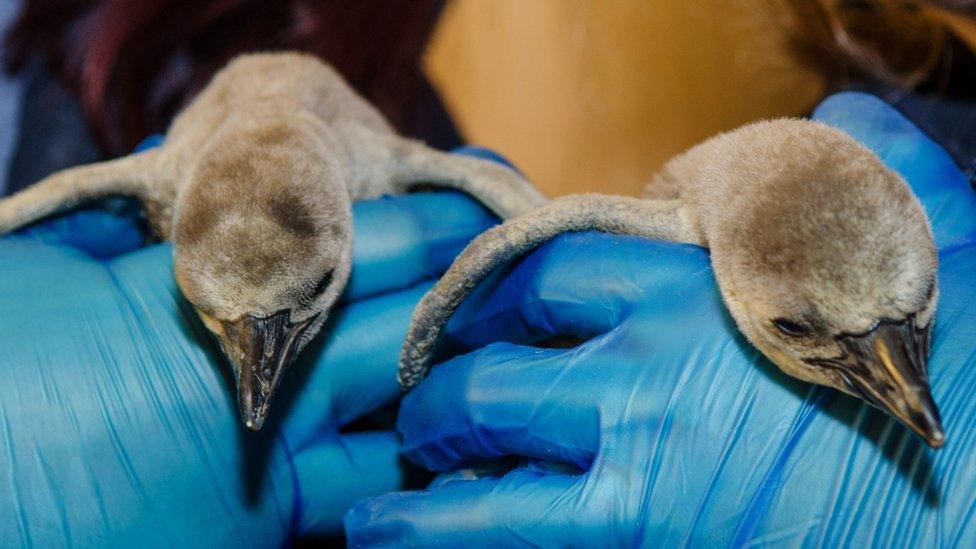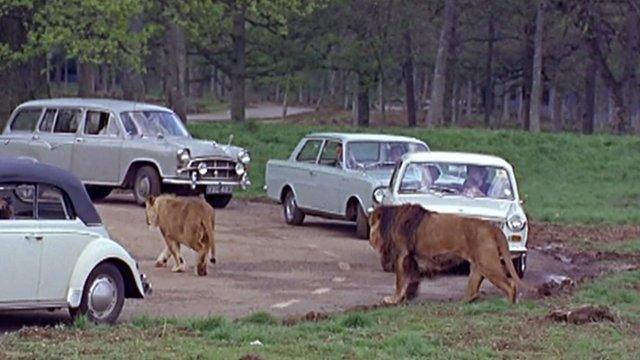Longleat penguins die in malaria outbreak
- Published

The death of the penguins has left the keepers "absolutely devastated"
A "large number" of penguins have died following an outbreak of malaria at a safari park.
A spokesman for Longleat in Wiltshire said a number of Humboldt penguins had died after contracting the avian strain of the disease from mosquitoes.
Avian malaria cannot be passed on to humans but the park has decided to close Penguin Island to visitors.
Darren Beasley, head of animal operations, said: "Our team of keepers are absolutely devastated."
The safari park, which is home to a colony of captive-bred Humboldts, has said it will release further details of the number of penguins affected on Wednesday.

Penguin Island, home to the safari park's colony of captive-bred Humboldts, has been closed to visitors
"Despite the best efforts of our team and with expert advice from other collections, we have still been unable to save a large amount of these incredible and popular aquatic birds," said Mr Beasley.
"We have taken the decision to close Penguin Island to visitors in order to give our team additional space and time to care for our remaining birds and to allow the heartbroken keepers time to get through this terrible experience."
Originally from South America, the breed is normally found around coastal areas of Peru and Chile.
Humboldt penguins are now officially listed as "vulnerable" by the International Union for Conservation of Nature, which means they are at immediate or imminent risk of becoming endangered.
- Published3 November 2015

- Published30 March 2016

- Published30 March 2016